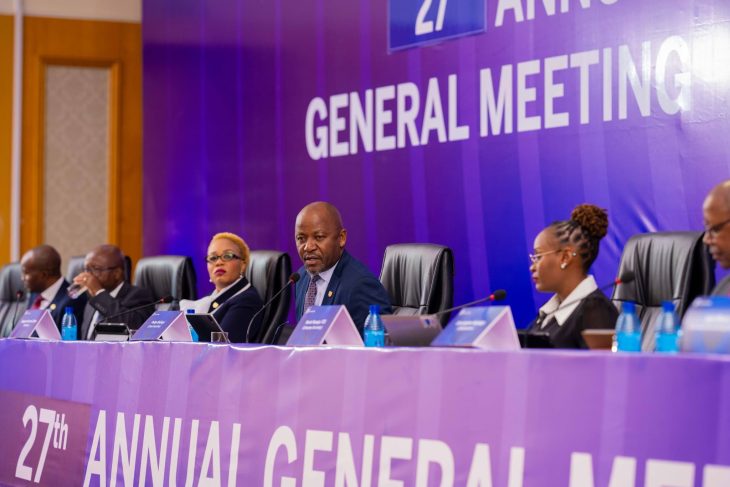
Catalyzing Malawi’s Economic Revival: Key Strategies for Sustainable Growth
Key Business Points
- Addressing economic decline: Malawi’s key economic players are urging swift action to fix the country’s ailing economy, with a focus on implementing reforms within the first 100 days after the September 16, 2025 General Election.
- Implementing the ATMM strategy: The stakeholders agreed on the need to bring the agriculture, tourism, mining, and manufacturing (ATMM) strategy to life, with a focus on increasing investment in these sectors to drive economic growth.
- Increasing access to credit: The White Paper challenges commercial banks to increase credit to the private sector, particularly to key players in the ATMM sectors, to support economic recovery and growth, a concept known as "kuthandiza malo" or supporting the economy in Chichewa.
The recent White Paper released by Standard Bank plc highlights the urgent need for action to address Malawi’s economic crisis. The paper, which follows a multi-stakeholder round-table dialogue in Lilongwe, emphasizes the need for swift implementation of reforms to reverse the economic decline. Malawi’s economy is facing significant challenges, including an inflation rate of 27.7 percent, interest rates of over 35 percent, and a cost of living crisis. The stakeholders, including senior level representatives from government, regulatory bodies, and the private sector, agreed on a range of recommendations to address these challenges.
The paper emphasizes the need to address shortages in food and fuel, finalize debt restructuring, tighten expenditures, and conclude mining development agreements. It also highlights the need to rebalance agriculture spending and implement an accelerator programme for the Malawi 2063 First 10-Year Implementation Plan. The Minister of Agriculture, Sam Kawale, cited several key reforms in the agriculture sector, including reducing expenditure on the Affordable Inputs Programme and increasing irrigation and insurance for smallholder farmers.
The Minister of Tourism, Vera Kamtukule, also outlined key reforms in the tourism sector, including the establishment of a Tourism Council and the enactment of a new Tourism Act. The paper also challenges commercial banks to increase credit to the private sector, particularly to key players in the ATMM sectors. This is seen as critical to supporting economic recovery and growth, and is aligned with the concept of "kujitengereza" or self-reliance in Chichewa.
Standard Bank plc chief executive, Phillip Madinga, reaffirmed the bank’s commitment to leading in dialogue aimed at facilitating economic recovery. He emphasized the need for action, stating that "these conversations are a catalyst for action". The bank’s efforts are seen as critical to supporting economic growth and development in Malawi, and are aligned with the concept of "kulima kufikira" or working and thinking together in Chichewa.
Overall, the White Paper highlights the urgent need for action to address Malawi’s economic crisis. The stakeholders’ recommendations provide a clear roadmap for reform, and it is up to the government and private sector to work together to implement these reforms and drive economic growth. Malawi’s business community will be watching closely to see how these reforms are implemented, and how they will impact the economy and investment opportunities in the country.
What are your thoughts on this business development? Share your insights and remember to follow us on Facebook and Twitter for the latest Malawi business news and opportunities. Visit us daily for comprehensive coverage of Malawi’s business landscape.
- Malawi’s K1.2tn Gold Smuggling Scourge: A Threat to Business Growth and Economic Stability - February 1, 2026
- Revitalizing Malawi’s Economy: Lower Food Prices Signal New Growth Opportunities - January 31, 2026
- Revitalizing Malawi’s Economy: Tackling Climate Related Underfunding for Sustainable Growth - January 30, 2026
